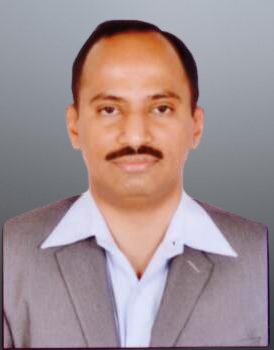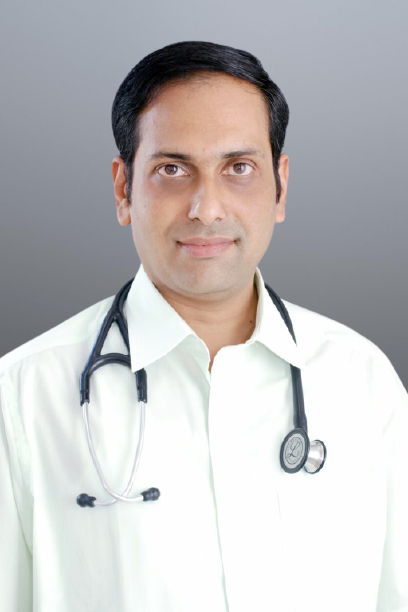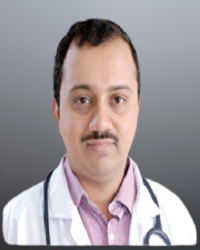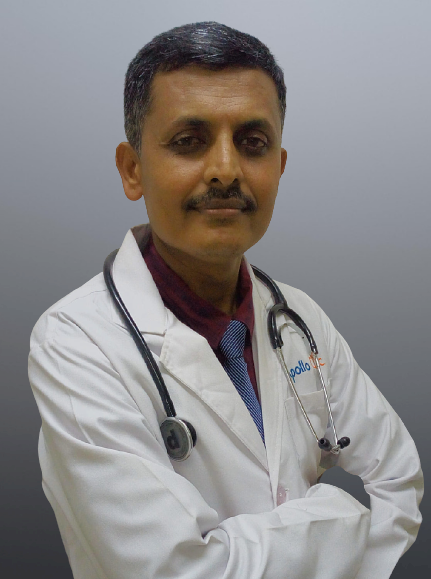Best Doctors for Marfan Syndrome in Mysore
Marfan syndrome is an inherited condition that affects the body’s connective tissue, which provides structural integrity and support to many organs and structures. The condition primarily affects the heart, eyes, blood vessels, and skeleton, ranging from mild to severe damage. One of the most critical complications is the risk of aortal damage, which can be life-threatening if left untreated. Marfan syndrome is caused by a genetic mutation affecting the production of a specific protein essential for maintaining the elasticity and strength of connective tissue.
In Mysore, the best doctors for Marfan syndrome are available at Apollo Hospitals. These doctors for connective tissue disorder and doctors for aortic aneurysms are equipped with advanced tools and expertise to provide comprehensive care for patients with this condition.






 Call Now
Call Now






